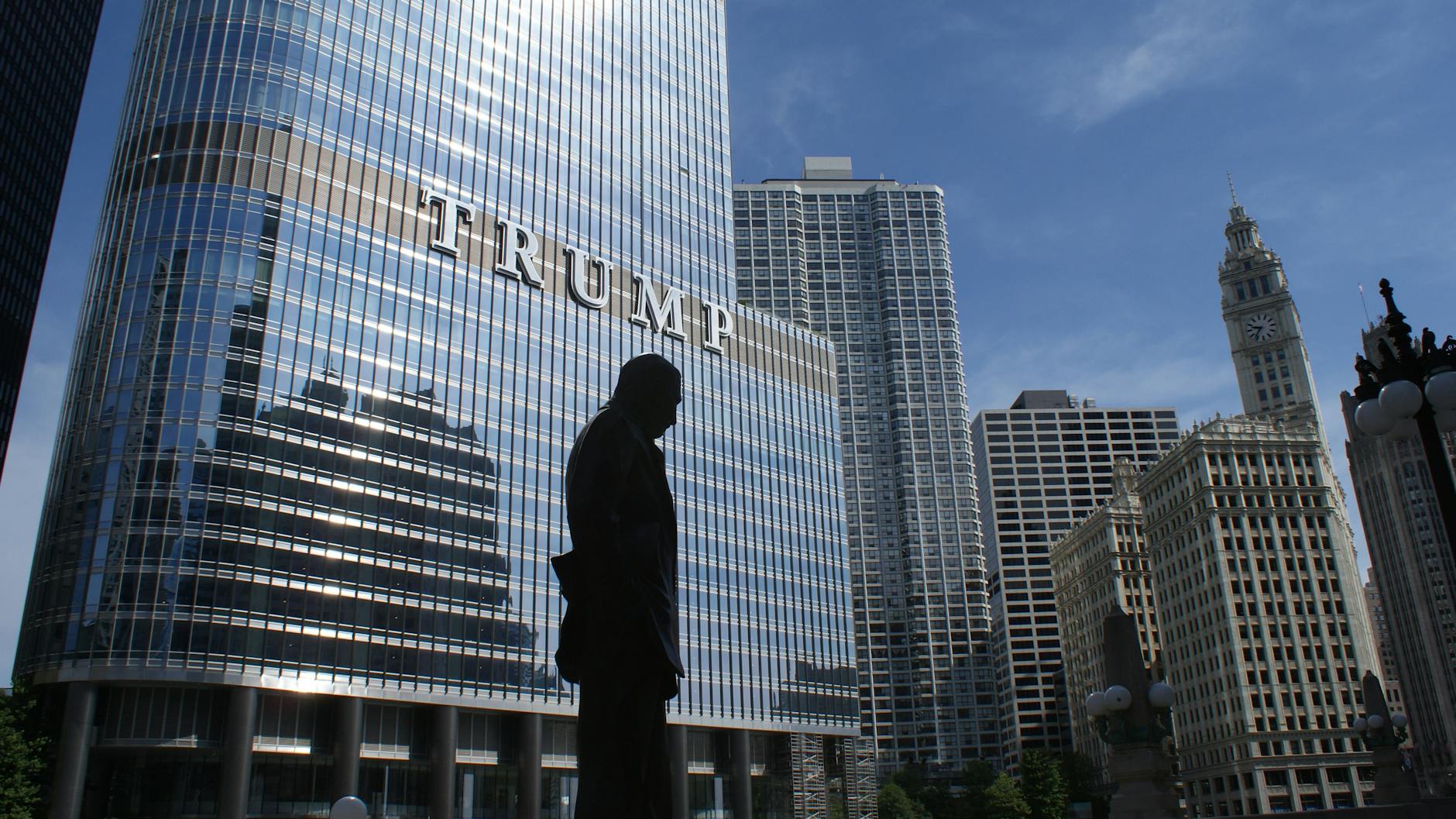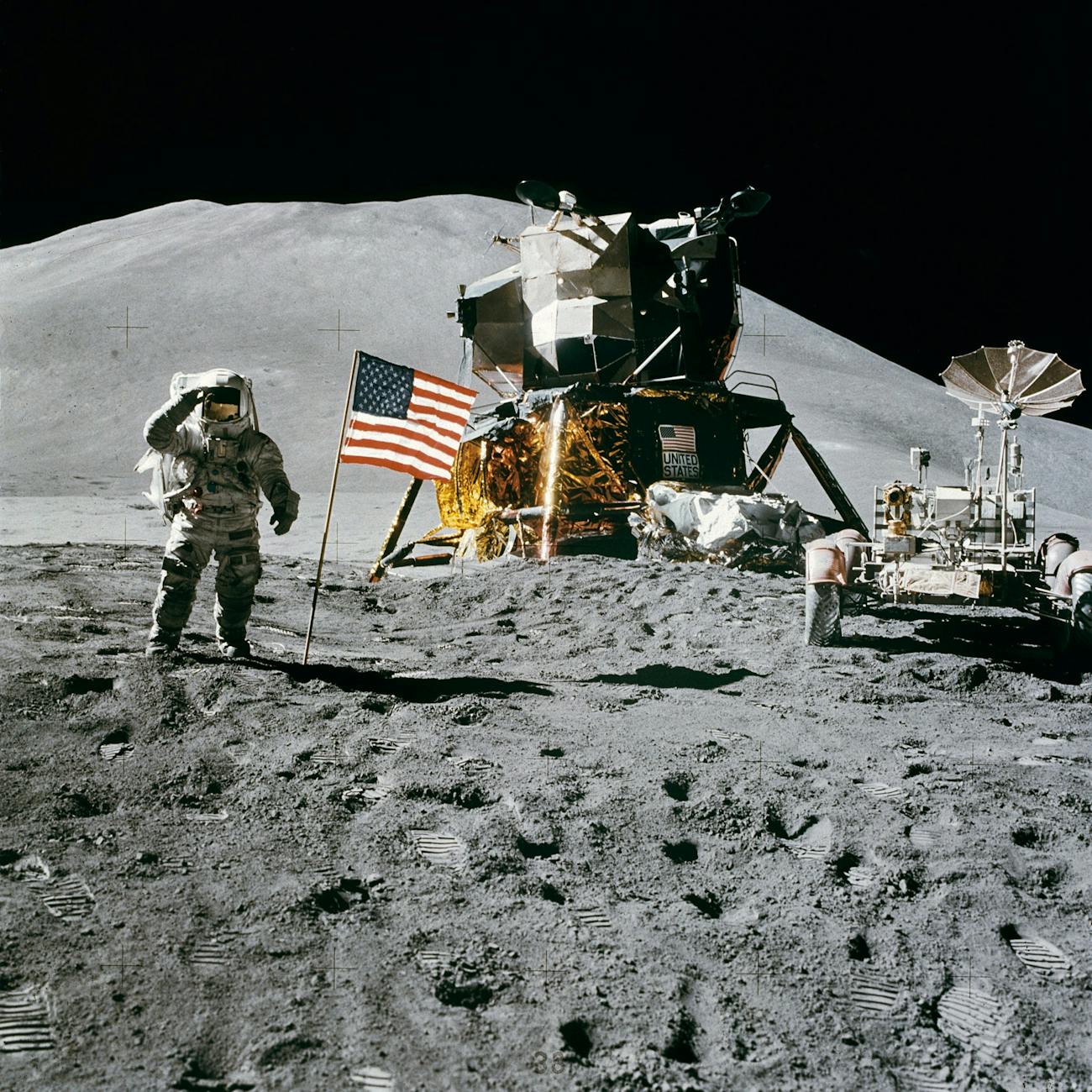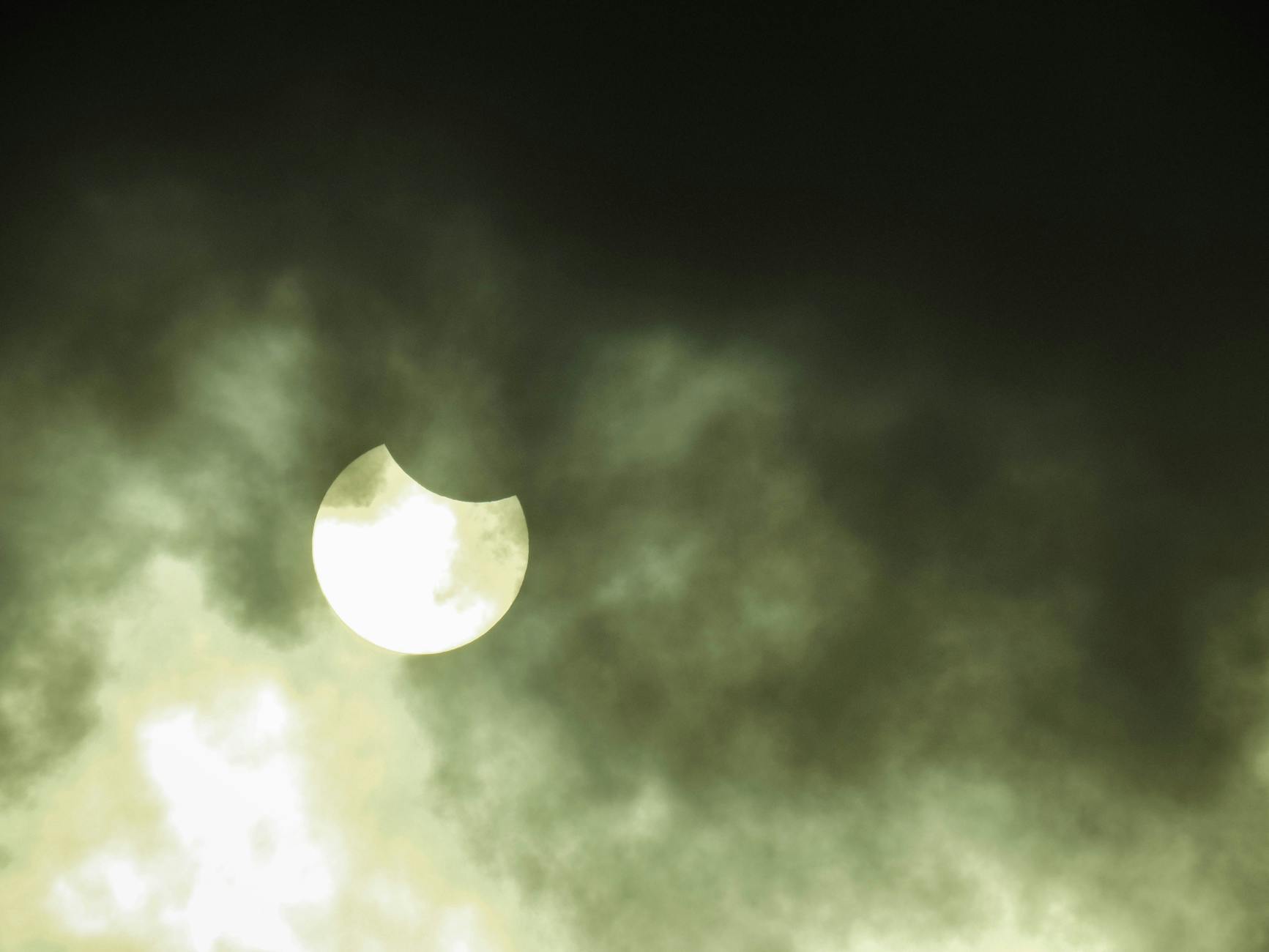Trump’s Shifting Stance on Ukraine War: A New Approach to Conflict?
Former President Signals Potential Policy Change on Russian Sanctions and Military Aid
A Brief Introduction On The Subject Matter That Is Relevant And Engaging
Recent statements by former U.S. President Donald Trump have sparked considerable discussion regarding his potential approach to the ongoing conflict between Russia and Ukraine. Trump, known for his often unconventional foreign policy pronouncements, has hinted at a willingness to reconsider certain existing strategies, particularly concerning the ability of Ukraine to retaliate against military incursions. This potential shift, if actualized, could have significant implications for the geopolitical landscape and the trajectory of the war.
Background and Context to Help The Reader Understand What It Means For Who Is Affected
For over two years, Russia’s full-scale invasion of Ukraine has resulted in widespread devastation, loss of life, and a protracted humanitarian crisis. The international community, led by the United States and its allies, has responded with a multi-pronged approach: imposing stringent economic sanctions on Russia, providing substantial military and financial aid to Ukraine, and bolstering NATO’s eastern flank. A key element of this strategy has been to limit Ukraine’s offensive capabilities, particularly regarding attacks on Russian territory. This has often been framed as a measure to prevent escalation and direct confrontation between NATO and Russia.
Donald Trump’s previous administration had a more complex relationship with Russia, marked by both attempts at détente and periods of heightened tension. His recent remarks, as reported, suggest a pragmatic view on the conduct of warfare. Specifically, his observation that “It is very hard, if not impossible, to win a war without attacking an invader’s country” appears to challenge the current international approach of restricting Ukraine’s ability to strike deep into Russian territory. This perspective could be interpreted as a recognition of the operational realities of war, where defensive measures are often insufficient without offensive capabilities to disrupt enemy logistics and command structures.
In Depth Analysis Of The Broader Implications And Impact
If Donald Trump were to influence U.S. policy in a manner that allows Ukraine greater latitude to attack Russian military targets within Russia, the implications could be far-reaching. On one hand, it might offer Ukraine a tactical advantage, potentially disrupting Russian supply lines, degrading its air defense systems, and weakening its ability to sustain the invasion. This could, in theory, accelerate a resolution by making the costs of continued aggression prohibitively high for Moscow.
However, such a policy shift also carries significant risks. The primary concern articulated by many Western leaders has been the potential for escalation. Allowing Ukraine to conduct strikes within Russia could be perceived by the Kremlin as a direct provocation, potentially leading to retaliatory measures against NATO member states or a more aggressive response within Ukraine itself. This could involve the use of more destructive weaponry or an expansion of the conflict beyond Ukraine’s borders.
Furthermore, the effectiveness of such strikes would depend on the sophistication and range of weapons provided to Ukraine. While some Western nations have already supplied longer-range missile systems, their use against targets within internationally recognized Russian territory has been a point of contention. A change in U.S. policy could embolden other allies to relax their own restrictions, leading to a broader authorization of such strikes.
From a diplomatic standpoint, this could complicate efforts to find a negotiated settlement. While proponents might argue it pressures Russia to negotiate from a weaker position, opponents might suggest it hardens Russian resolve and makes dialogue more difficult. The international coalition supporting Ukraine would also need to navigate this shift, potentially leading to divisions if not all allies are comfortable with the increased risk of escalation.
Key Takeaways
- Former President Donald Trump has indicated that winning a war often requires attacking the invader’s country, a statement that could signal a departure from current Western policy on Ukraine.
- Current Western strategy has largely sought to limit Ukraine’s ability to strike deep into Russian territory to avoid escalation.
- A potential policy shift allowing Ukraine to attack Russian soil could offer tactical advantages but also carries the significant risk of escalating the conflict.
- The effectiveness and scale of any such strikes would depend on the types of weaponry supplied to Ukraine.
- The international community and allies supporting Ukraine would need to manage potential divisions and diplomatic complexities arising from such a policy change.
What To Expect As A Result And Why It Matters
The significance of Trump’s statements lies in their potential to influence future U.S. foreign policy, particularly if he were to return to the presidency. Even if his views do not immediately translate into policy, they contribute to a broader debate about the most effective strategies for supporting Ukraine and deterring Russian aggression. The ongoing war presents a continuous learning curve for global policymakers, and the debate over offensive versus defensive military support is likely to persist.
The outcome of this debate matters because it directly impacts the lives of millions of people in Ukraine, the stability of the European continent, and the broader international order. A more aggressive posture towards Russia could lead to increased instability, while a more constrained approach might prolong the conflict and its humanitarian toll. Understanding these potential consequences is crucial for informed discussion and decision-making.
Advice and Alerts
For individuals seeking to understand the evolving situation, it is advisable to consult a variety of reputable news sources that provide balanced reporting and expert analysis. Be aware that statements made by political figures, particularly on complex geopolitical issues, can be subject to interpretation and may not always represent a finalized policy position. It is important to distinguish between speculative remarks and concrete policy decisions. Following the developments from established international organizations and think tanks can offer a more nuanced perspective on the implications of any potential policy shifts.
Annotations Featuring Links To Various Official References Regarding The Information Provided
- The Deccan Chronicle Article: This report from the Deccan Chronicle details Donald Trump’s remarks on the Ukraine war, which forms the basis of this analysis. Read the original report here.
- The White House on Ukraine Aid: For information on the current U.S. administration’s policy regarding support for Ukraine, including military assistance, the White House provides official statements and updates. White House Briefing Room
- NATO’s Stance on the Conflict: The North Atlantic Treaty Organization (NATO) is a key player in the international response to the war. Their official website offers insights into their collective security stance and support for Ukraine. NATO’s support for Ukraine
- United Nations Human Rights Office (OHCHR): The OHCHR provides reports and data on the human rights impact of the conflict in Ukraine, offering critical context on the humanitarian situation. OHCHR Ukraine Country Page












